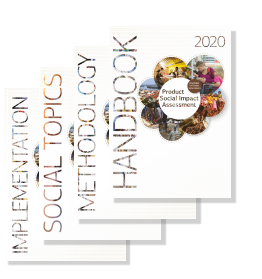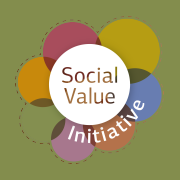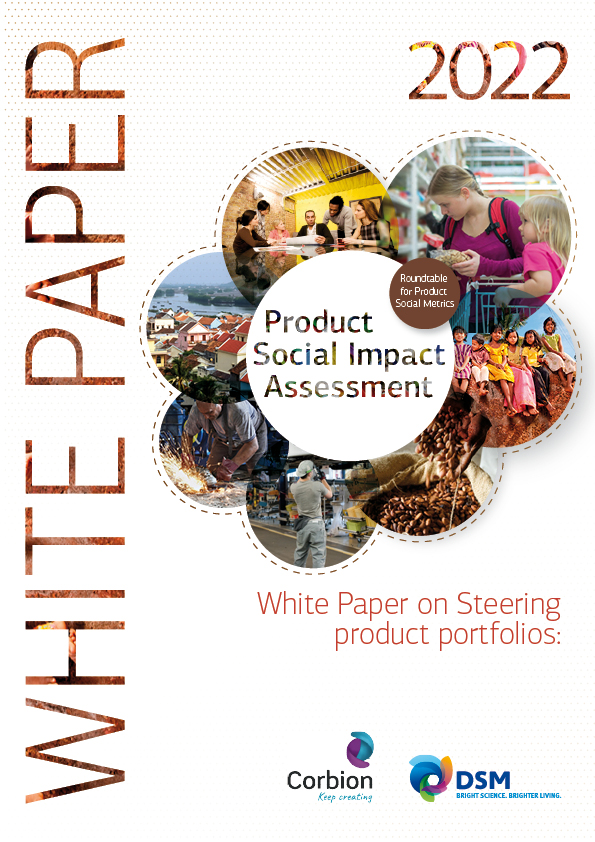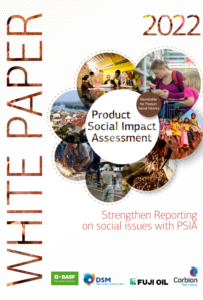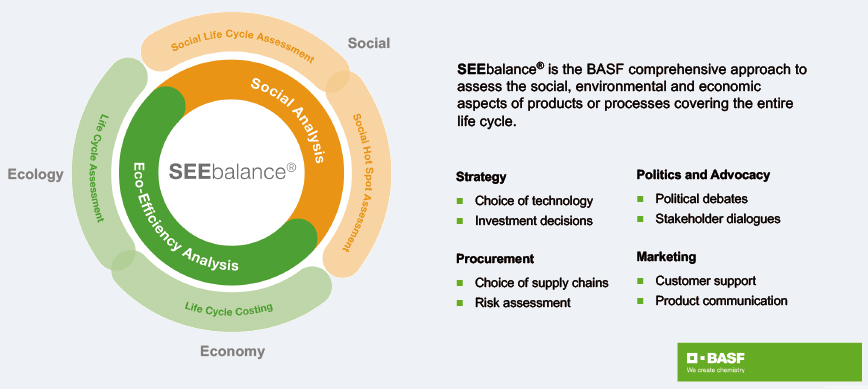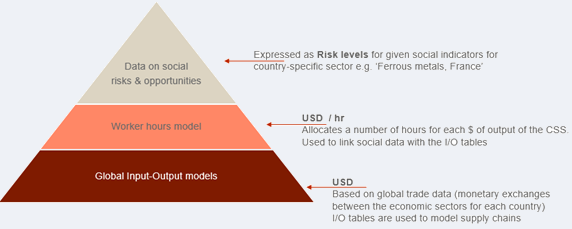Our partners invest and pioneer in Product Social Impact Assessment as they understand how essential it is to support better decision-making and reporting.

Applications
The motivations of the Core Partners to invest in the development of the Handbook reveals that they see a clear business case, as they see concrete applications. While each company has its own strategy and ambition regarding sustainability, we highlight a few commonly mentioned applications to illustrate the power of social metrics covering the entire value chain.
Steering product portfolios:
Many companies have started to assess their product portfolios focussing on environmental impacts, now they add the social dimension in the 2022 Whitepaper
Improved reporting over the entire value chain;
Reporting on social topics is often limited to tier 1, and often reports only contain issues that are convenient to report. In the 2022 Whitepaper, our core partners sat together and described how they use the Handbook to improve reporting
Mitigating risks, better sourcing:
Using materials from supply-chains where social impacts are unacceptable is a risk. However understanding these beyond Tier 1 is a challenge which we have addressed extensively.
Preparing for Due Diligence requirements
The release of the IIRC Guidelines is based on the same thinking as we developed in the Handbook; reporting on social issues will be key when policies that require Due Diligence become mainstream.
Reporting against the SDGs:
Many performance indicators in the SDG framework relate to social issues. In a separate project we are creating a strong and rational link between the SDGs and the Product Social Impact Assessment.
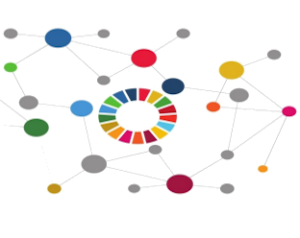
Creating a robust and documented link to the SDGs
Many companies link their targets to the SDGs. However, the SDGs were not really developed for the private sector, and many targets are not really actionable or hard to interpret. Commissioned by the UNEP Life Cycle Initiative, PRé and LCA 2,-0 developed a report that contains documented linkages between Social LCA, Environmental LCA and the SDG Targets. While this project is not an activity form the Social Value intiative, it is a good example of how the Handbook can be an important basis for linking to the SDGs in a less ad-hoc way as is often done. You can find more on reporting against the SDGs in this interim report presentation of the SDG project here.
The Illustration below provides an example of how one of our members, Corbion) aligns its targets to the SDGs with a direct reference to the Handbook. For more information on the Corbion approach: Click here.

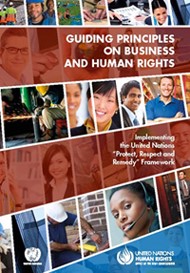
Webinar on how we believe the Handbook helps fulfilling the Due Diligence requirements
While the consequences are significant, the legislation is not very specific about what needs to be done and how human rights violations should be recognised and addressed. In this Webinar we will present the backgrounds on the legislation and our analysis of the skills, tools and insights companies need to help to identifying hotspots and human rights related risks.
This webinar is based on the discussions between the Core partners in the Social Value Initiative. You will learn, what the Due Diligence legislation entails, what the requirements are and how the toolset developed in the Handbook for PSIA can be a great starter. The Core partners are currently further developing our insights around this topic; this may result in another Whitepaper
The presenters at the webinar are:
- Mark Goedkoop: Founder of PRé Sustainability and Social Value Initiative.
- Haruka Yamada: Sustainability Specialist Fuji Oil
- Tabea Boeglin: Human Rights Specialist of Richemont International SA
- Ilonka de Beer; Program Manager of the Social Value Initiative
The slides of these events can be found here
The recording of the this webinar can be found here

